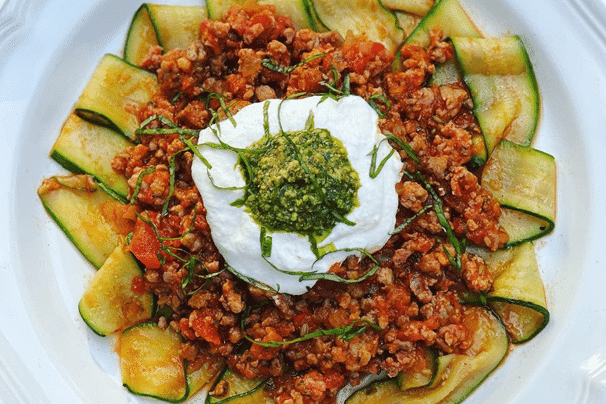A low-carb diet is a dietary approach that restricts the intake of carbohydrates, particularly those that are high in sugar and starch, and emphasizes the consumption of protein and healthy fats. By limiting carbohydrate intake, the body is forced to use stored fat as an energy source, which can lead to weight loss.
Benefits of a low-carb diet may include weight loss, improved blood sugar control and reduced risk of certain chronic diseases.
Foods that are commonly restricted on a low-carb diet include sugar, grains, bread, pasta, potatoes, and other starchy vegetables.
Foods that are often encouraged include protein sources such as meat, fish, and eggs, as well as healthy fats like avocado, nuts, and olive oil.
The specific definition of a low-carb diet can vary, but typically it involves reducing carbohydrate intake to less than 130 grams per day, or less than 45% of total daily calories. Some low-carb diets, such as the ketogenic diet, involve significantly lower carbohydrate intake, often less than 50 grams per day.
Pasta substitutes:
Traditional pasta is typically high in carbohydrates, so it isn’t good for a low-carb diet. Some good substitutes include:
- Zucchini noodles made by spiralizing zucchini into thin strips that resemble spaghetti.
- Spaghetti squash is a type of winter squash that, when cooked, can be shredded into long, thin strands that resemble spaghetti.
- Shirataki noodles are a type of Japanese noodle made from the konjac yam.
- Cauliflower rice is made by pulsing cauliflower in a food processor until it resembles rice.

